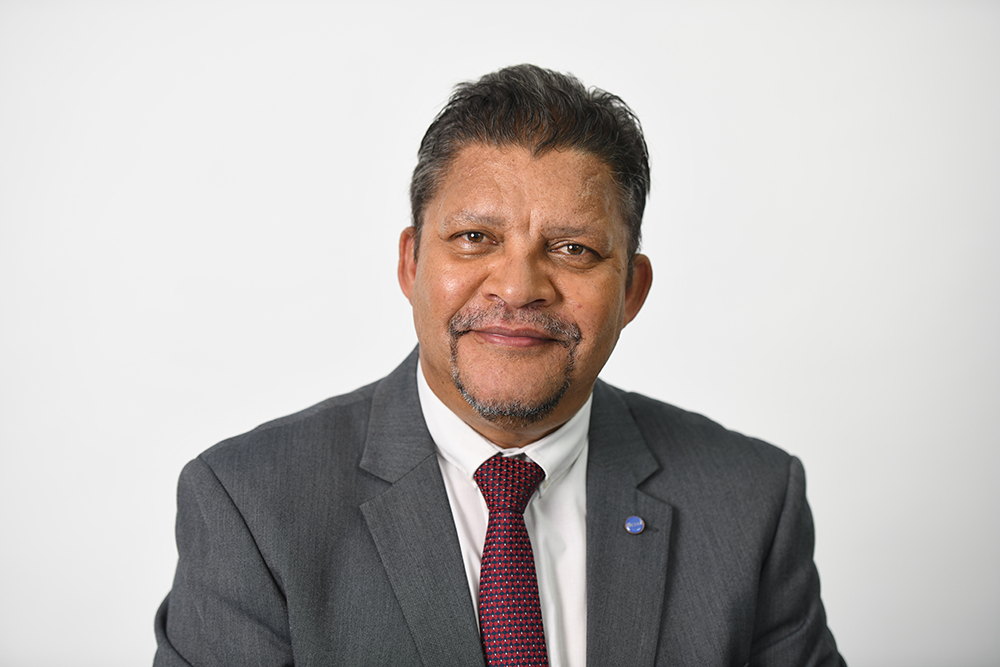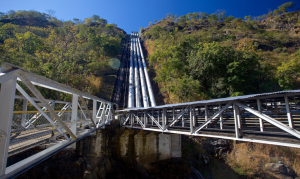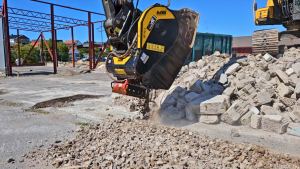By Consulting Engineers South Africa’s CEO Chris Campbell
South Africa’s transport challenges demand a holistic, long-term approach that integrates planning, technical expertise and governance across all levels of government.
Public transport systems like Rea Vaya and MyCiTi, inspired by successful international models such as Brazil’s Curitiba and Peru’s Lima Metro Line 2, have made progress but still face significant hurdles. High operating costs, heavy government subsidies, and limited integration with informal modes like minibus taxis and ride-sharing services reduce their overall impact. These global examples demonstrate the value of integrated route planning, unified fare systems and transit-oriented development – lessons South Africa can adopt to enhance local systems.
Building a truly integrated transport system requires seamless coordination between national, provincial and local governments. This, unfortunately, continues to remain lacking in our country and we believe that policymakers must promote compliance of road rules and enforcement of informal transport to realise a truly integrated system.
Furthermore, we have consistently advocated for collaborative approaches, recognising that siloed operations hinder innovation, efficiency and sustainable progress.
The crucial learning from countries with successful integrated systems involves thorough pre-feasibility assessments, planning for actual demand and ridership, managing competition between modes and creating unified ticketing that ensures convenience and affordability for users. Achieving this requires political and institutional continuity to follow through on well-designed plans.
Professional bodies, like CESA, therefore play a vital role in advocating for long-term infrastructure policy and ensuring stability. Sustained advocacy ensures that well-designed plans are implemented, benefiting both citizens and the economy. We cannot over emphasise the value of cross-government collaboration, policy stability, and practical solutions for integrating formal and informal transport modes, fare systems, and long-term planning.
Overcoming Political Short-Termism
Many of South Africa’s transport challenges stem from short-term political focus and frequent leadership turnover. Policies often remain words on paper without resources, accountability, or follow-through. Projects require consistent support to avoid disruption with every change in political leadership.
A culture of delivery, continuous improvement and stable governance is essential. Long-term vision and commitment from both government and industry stakeholders are vital to realise transport systems that truly connect people and places.
We firmly believe the decisions we make now will shape how we move, live and grow for decades to come. Bold thinking, partnerships and commitment to follow-through are therefore needed to build a safer, more integrated transport future.








